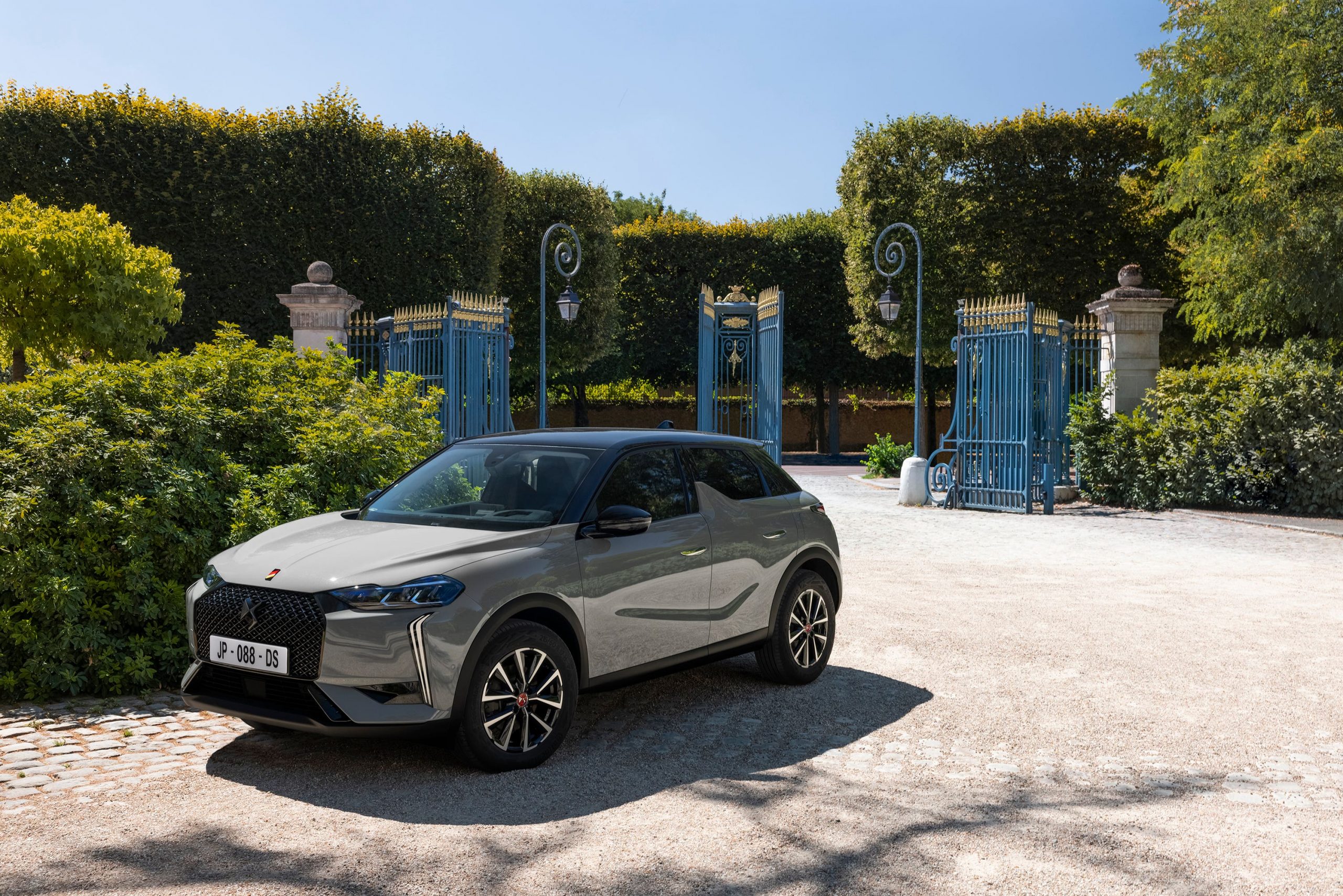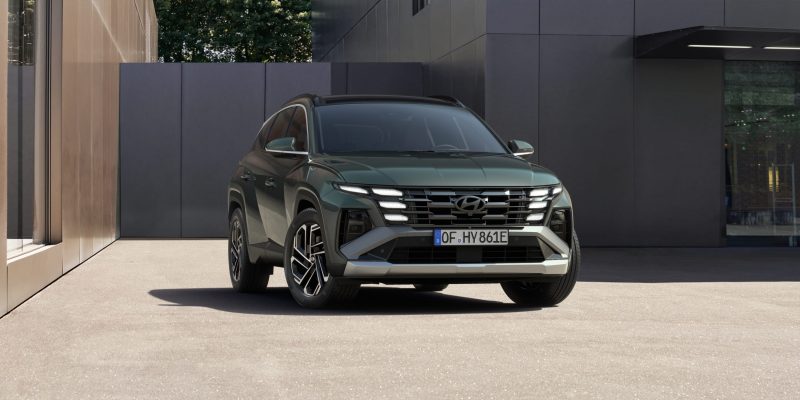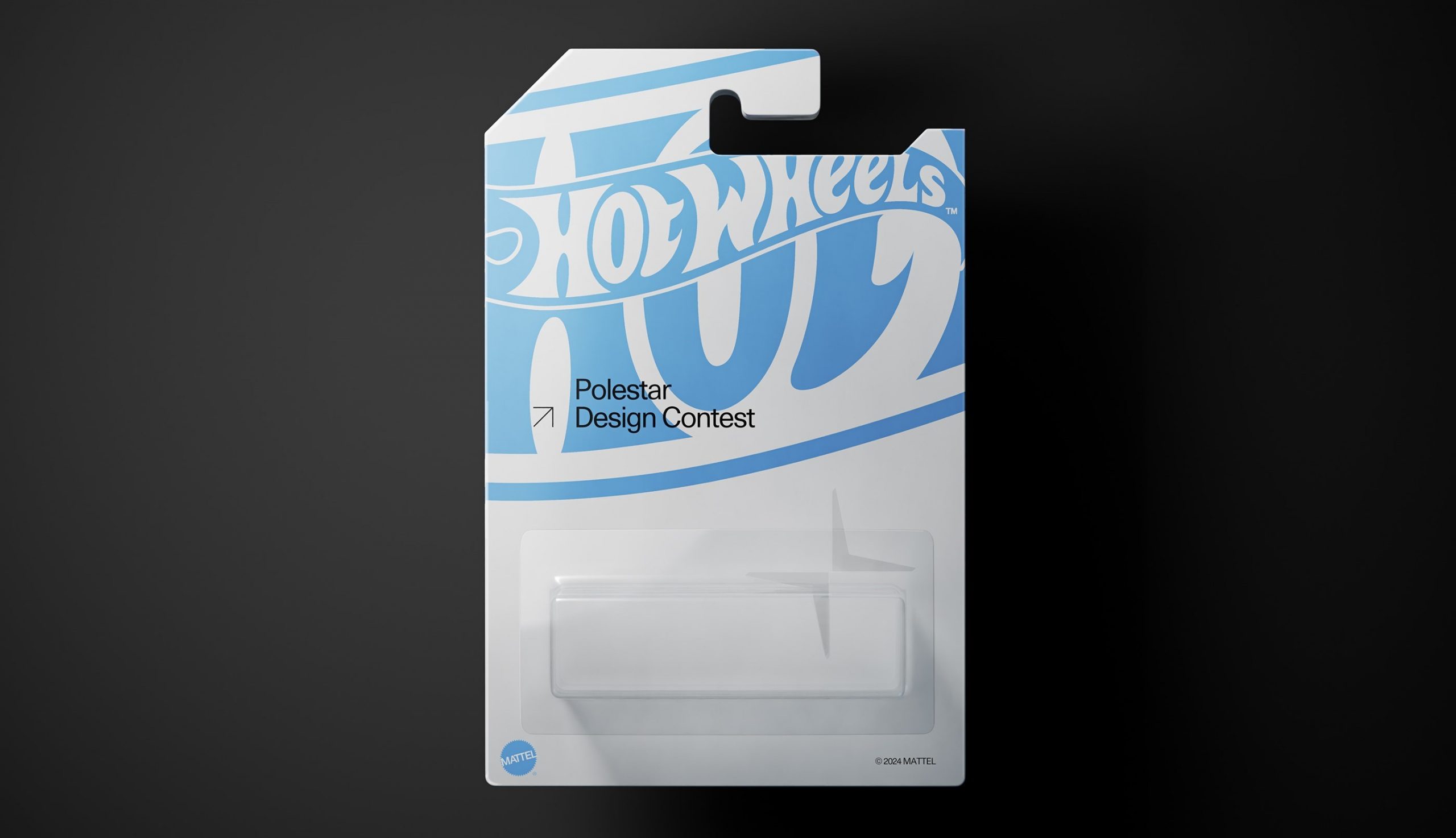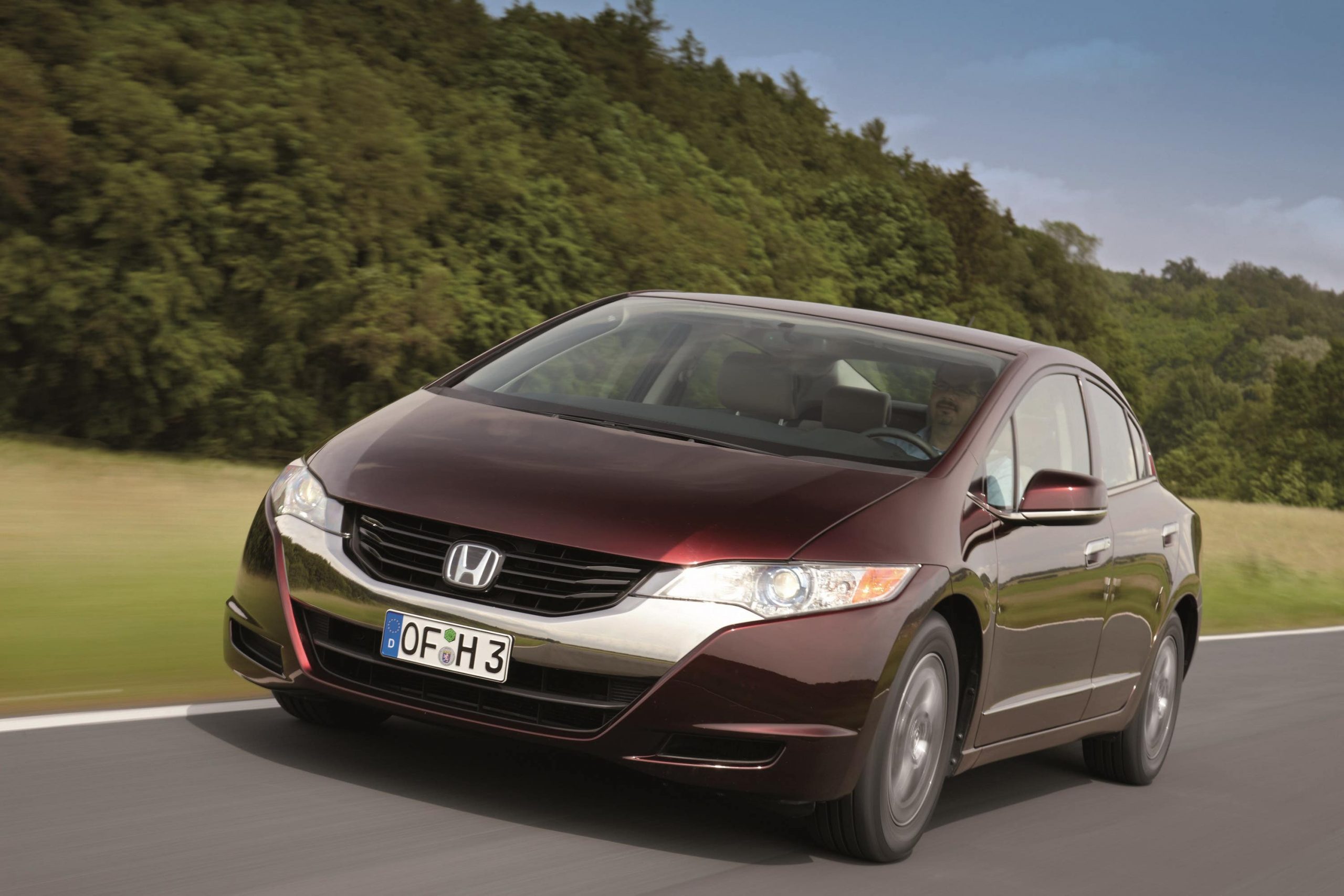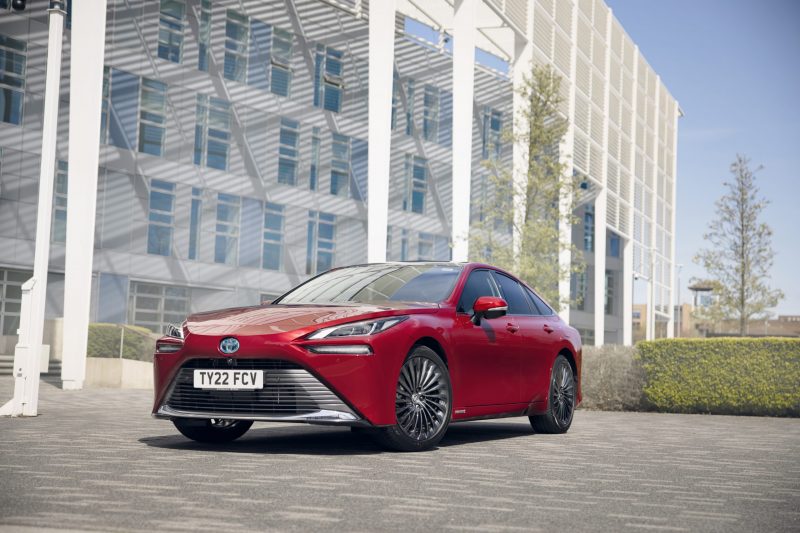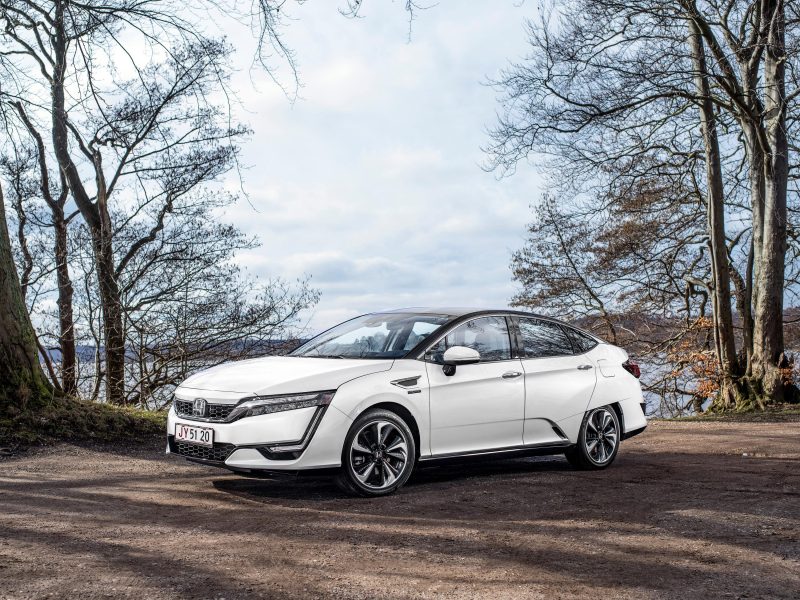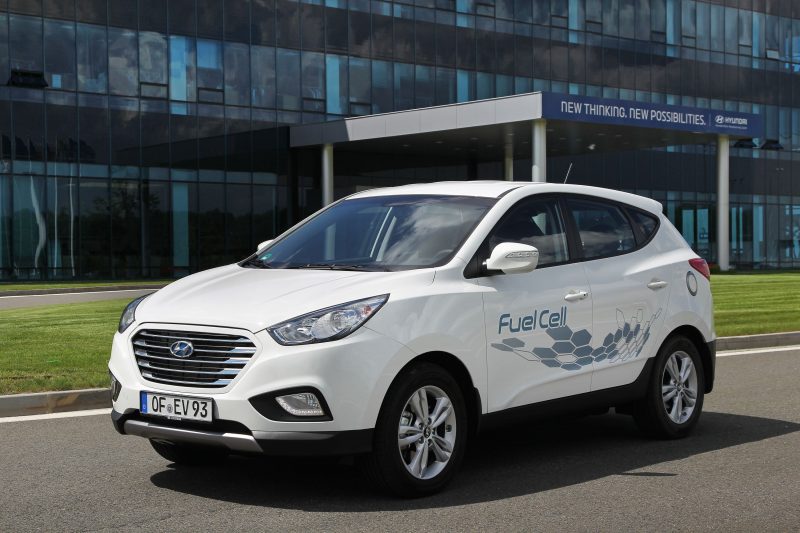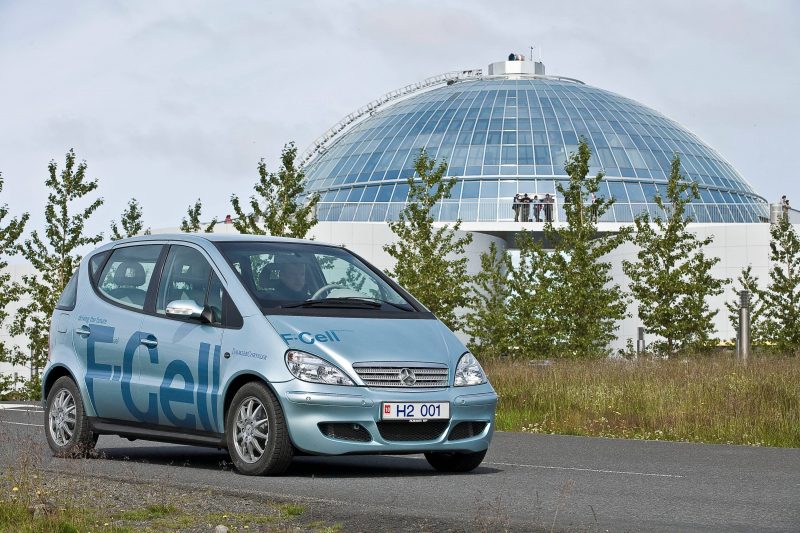Tips on how to pass your driving and theory test first time
With more vehicles on the road than ever before, is the driving and theory test in the UK too difficult?
Learning to drive is one of life’s most exciting moments, providing the gateway to freedom and the ability to go anywhere you want.
The driving test has been mandatory since the mid-1930s while the theory test has been in force since 1996.
However, with more and more cars on our roads, broken road surfaces, congestion, road works, speed cameras, potholes and the fact we now have clean-air zones like ULEZ – is it harder to learn to drive in the UK?
If you are learning to drive, there are great ways to get behind the wheel with a full licence quickly, safely and calmly.
Here are our top tips and guide into how to pass your driving and theory test for the first time.
Take multiple mock theory tests online or on smartphone apps
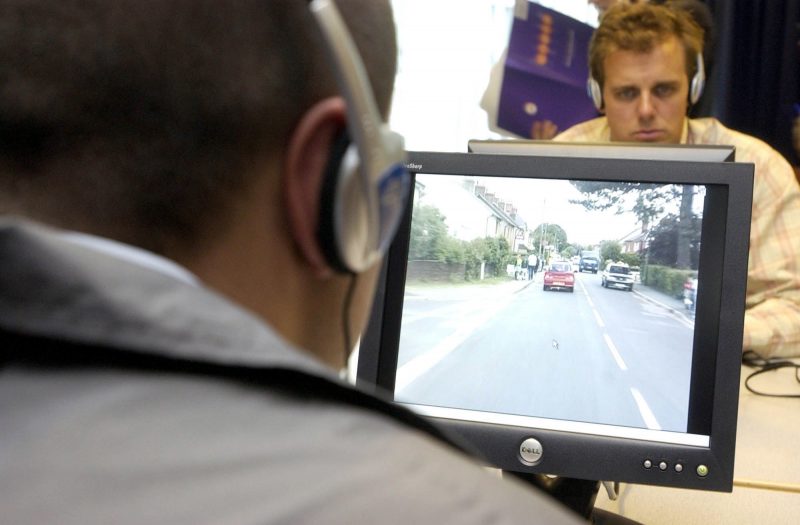
In the UK, you can’t take a practical driving test without passing a theory test first. The theory test consists of 50 multiple-choice questions and a hazard perception test which is scored out of 75 points.
The questions are all motoring-related and ask the candidate questions regarding road signs, medical assistance, accidents and how the road network works.
The hazard perception works by giving the user scenario videos of where potential hazards are appearing, with the person clicking the mouse on the computer every time they think a hazard is in sight.
To pass a theory test you need to achieve at least 43 out of 50 to pass and 44 out of 75 to pass the hazard perception.
The best method to pass your theory and hazard perception first time is to just keep practising over and over again.
As with most things, the more you practise the more you’ll remember – so those questions that you might’ve found tricky initially will soon become second nature. The same goes for the hazard perception – it’s all about getting used to it. There are plenty of good online sources of mock tests, or some handy smartphone apps which do the same so you can brush up no matter where you are.
Take your time and have plenty of lessons with a qualified driving instructor
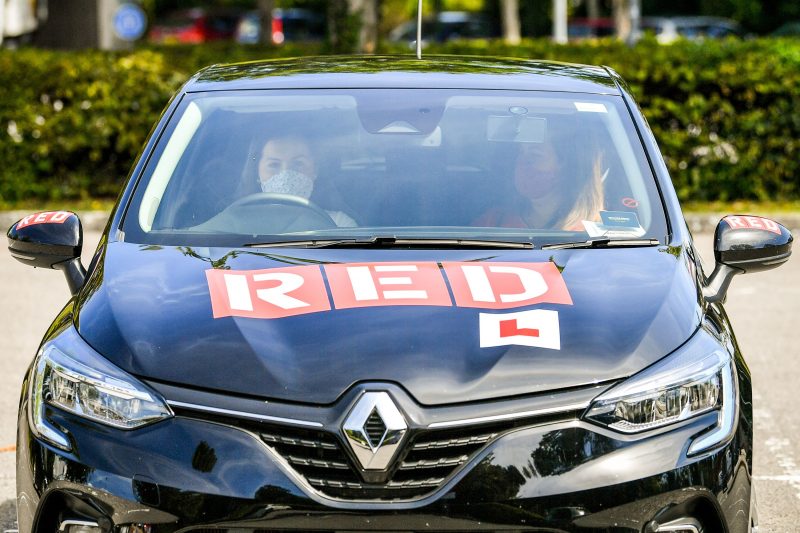
It may be easier said than done, but having enough driving lessons before your practical driving test will benefit you in passing the first time. Rushing and only having a couple of lessons with your mum and dad may sound like an easy way to pass – but it’s not.
The average amount of driving lessons that is recommended varies from 40 to 45 hours prior to taking your test. Not only does it get you fully clued up on how a car and the road work, but it’ll also allow you to get used to the routes around your area and have more experience with different road situations.
Take the driving test in your instructor’s car
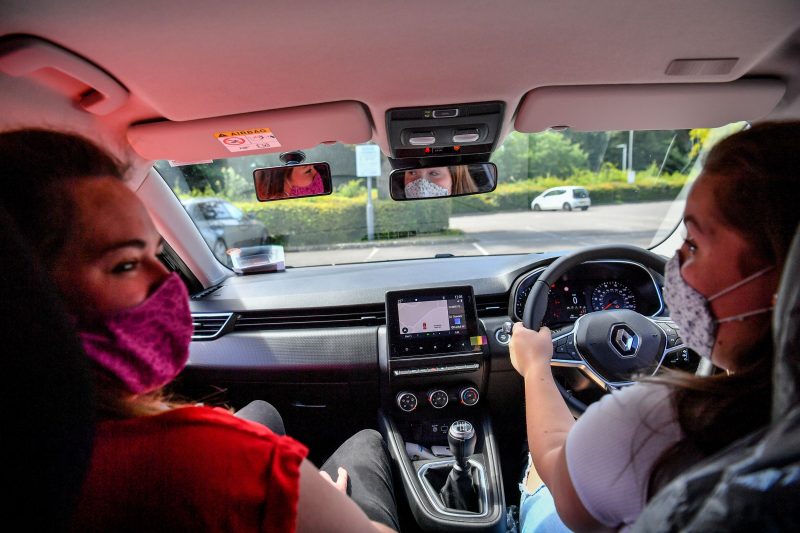
It’ll be a real help if you can take your driving test in the car you have been having lessons in. The more you drive a particular car, the more comfortable, confident and at ease you are with it – something you will want on the day of your driving test as sometimes nerves can cause lots of silly mistakes.
Learn the test routes
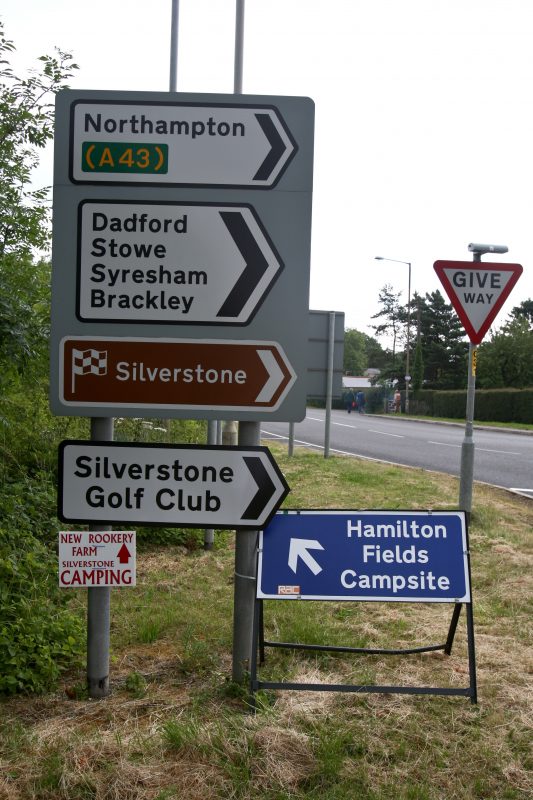
Before your driving test, it’s a good idea to drive around some of the routes which could crop up during your actual test. While your instructor won’t be able to pick out the exact route you could do, they’ll know where testers tend to ask those under examination to drive to.
Learning all the routes will stand you in better stead when the examiner tells you where to go. There will be less chance of you getting lost and even though this won’t cause you to fail, it can make things more stressful than driving somewhere familiar.
You’ll know what the speed limits are, what junctions you’ll come across and where they might ask you to conduct any manoeuvres like an emergency stop or parallel park.
Learn the basics
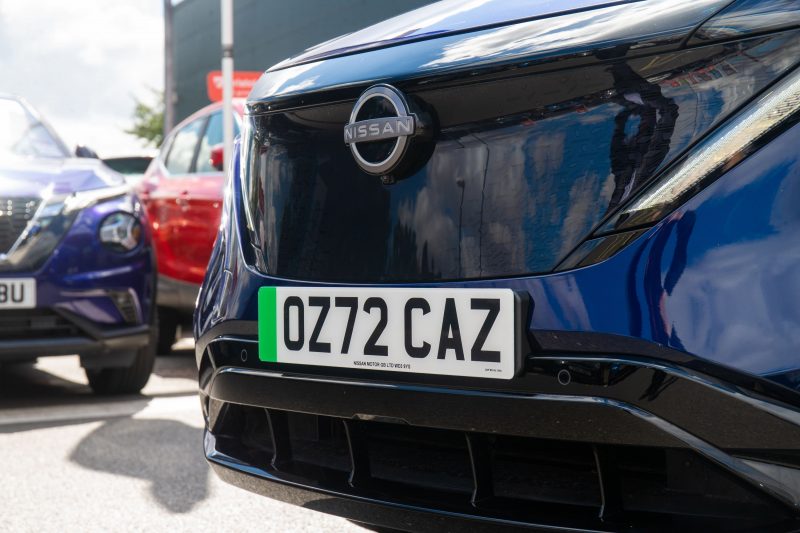
Sometimes the simple things get overlooked when you’re trying to pass your test, but it’s these aspects which make the difference. Mirror checks, for instance, are a must-do on a driving test and it’s always worth over-emphasising them to make sure your driving test examiner has spotted you doing them.
These cover a number of key areas, such as an eyesight test – usually done by asking the individual to read a number plate from a car nearby – as well as some typical mechanical queries, including showing where to top up your car’s washer fluid and how the horn is operated.
Learn in different driving conditions

When learning to drive, you must get practice in different weather conditions, such as rain, wind and during the night as doing so will make you a more confident and better driver. You’ll get to know how your car behaves in different driving conditions and it gives you greater experience out on the road with other road users.
Don’t be afraid to ask the examiner a question or to repeat their instructions
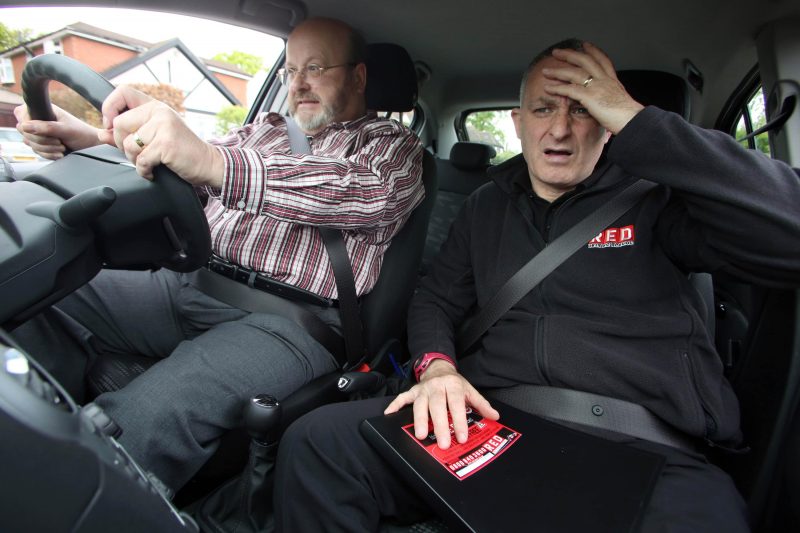
During your driving test it is better to be safe than sorry and asking the examiner a question or repeating what their last instructions were won’t do you any harm. In fact, it might be the make or break of you passing your driving test.
If you mishear the examiner and don’t ask them to repeat what they said, it may make you panic and cause an error in your test which would cause an instant failure.
Practice makes perfect
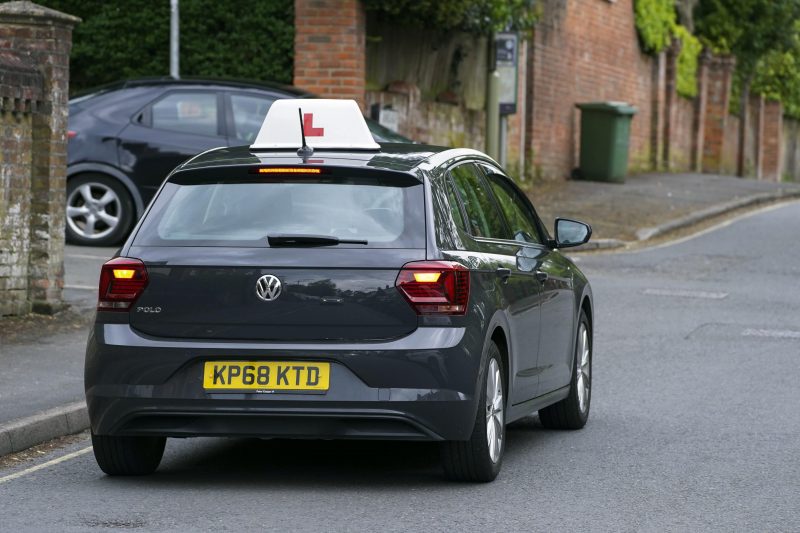
The simplest thing to do is just practice. If you are fortunate enough to have your own car before you pass your test, when you’re not having lessons with an instructor you can head out with your mum, dad, or someone who has been on the road for more than three years and is over the age of 21.
Make sure you get a good balance of your personal car and your instructor’s car to keep your options open, depending on which vehicle you’re planning to do your test in.
Every car has a different clutch and biting point, as well as different brakes, power and even size differences, which can all cause you to drive in a different manner.
By Cameron Richards


